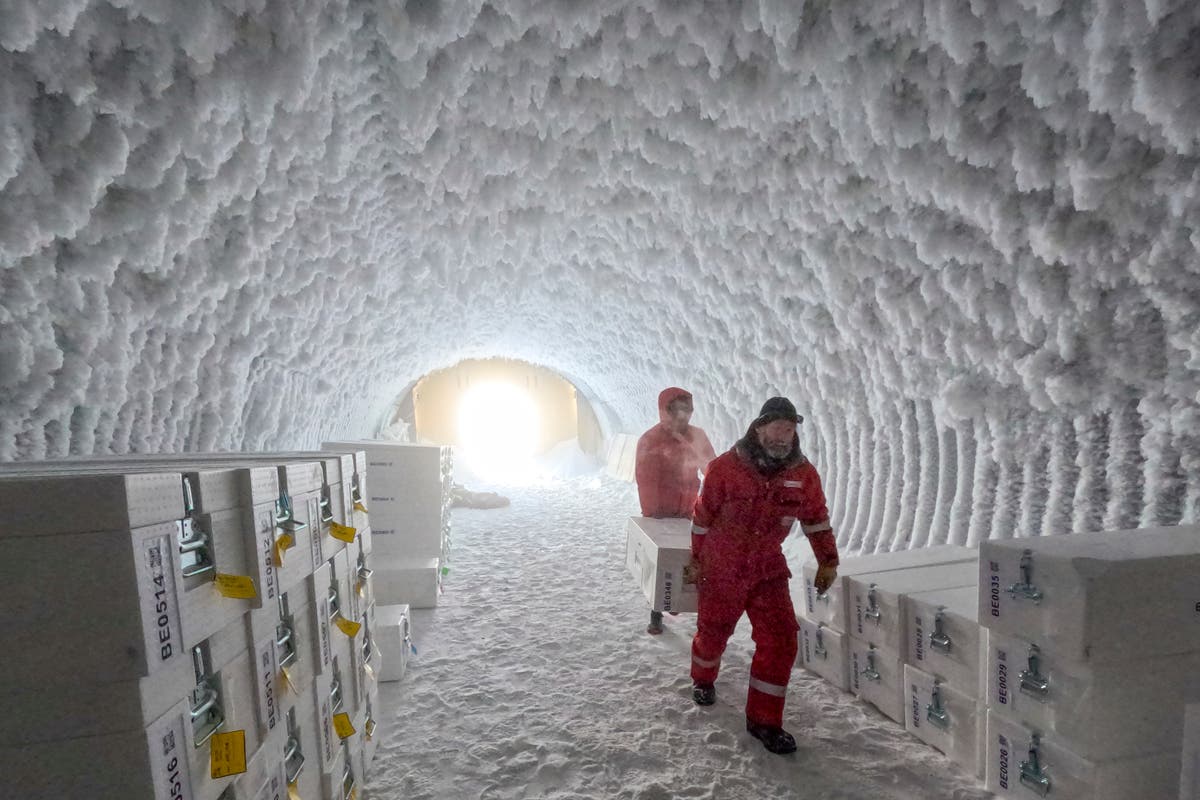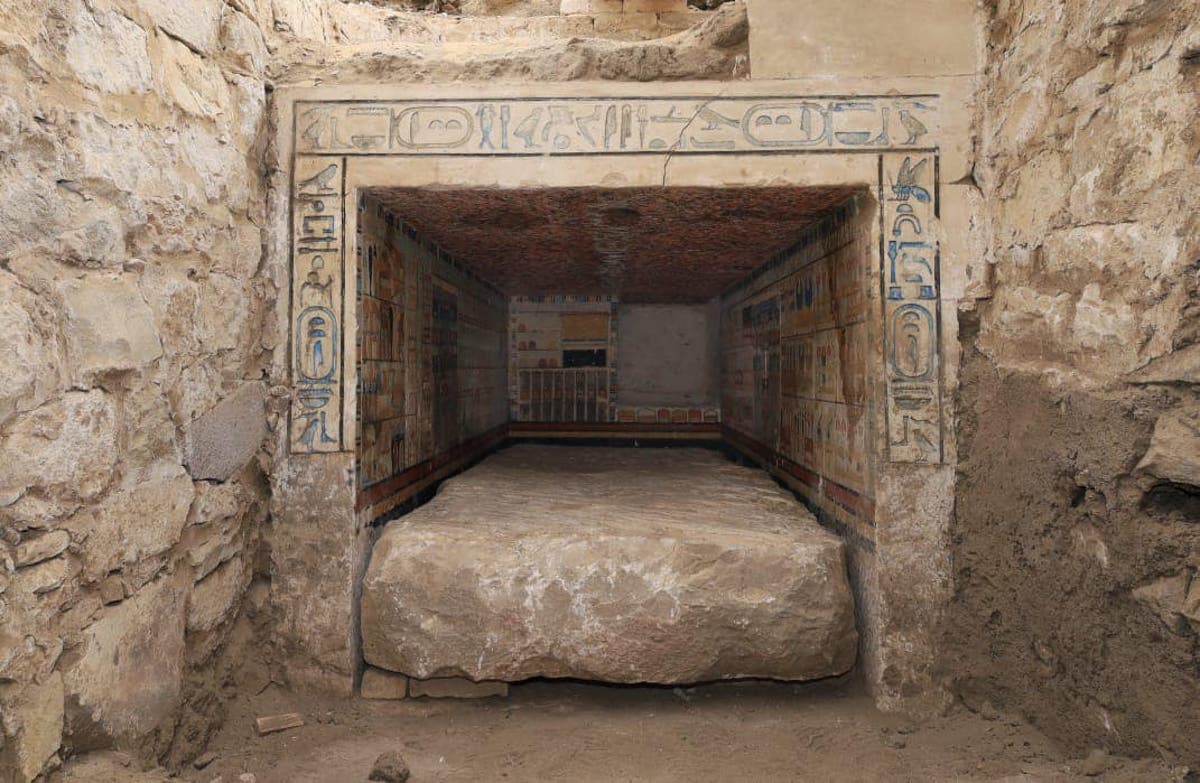Scientists have retrieved one of the oldest ice cores ever drilled, penetrating nearly two miles of Antarctic ice to uncover layers at least 1.2 million years old. This breakthrough, accomplished by a team of 16 researchers over four years, promises crucial insights into Earth's climate history.
This latest drilling, part of the Beyond EPICA project, extends significantly upon previous efforts that reached approximately 800,000 years. The expedition, based at Little Dome C near the Concordia Research Station, endured frigid Antarctic temperatures averaging -35°C.
Analysis of the ancient ice will reveal crucial information about past atmospheric changes, including greenhouse gas levels, dust particles, and chemical compositions. This data is expected to illuminate how past ice ages have evolved and, crucially, how changes in atmospheric carbon impacted climate. "We will understand what has changed in terms of greenhouse gases, chemicals and dusts in the atmosphere," stated Carlo Barbante, the Italian glaciologist coordinating the project.
The drilling itself, completed in early January, reached a depth of 2.8 kilometers (1.7 miles). The exceptional length of the core provides an unprecedented window into the distant past.
Importantly, initial analysis suggests that, despite warming periods in the past 800,000 years, atmospheric carbon dioxide and methane levels have never exceeded current levels since the Industrial Revolution. "Today we are seeing carbon dioxide levels that are 50% above the highest levels we've had over the last 800,000 years," added Barbante. This underscores the severity of current atmospheric change.
The findings are particularly significant for climate scientists like Richard Alley, a Penn State climate scientist and recent National Medal of Science recipient. Alley highlighted the importance of such research in understanding past climate conditions and human-induced climate change. "They will learn wonderful things," he commented on the potential of the new data.
The European Union, along with other contributing nations, funded the Beyond EPICA project. This crucial scientific endeavor underscores the international collaboration needed to address the pressing issue of climate change.







